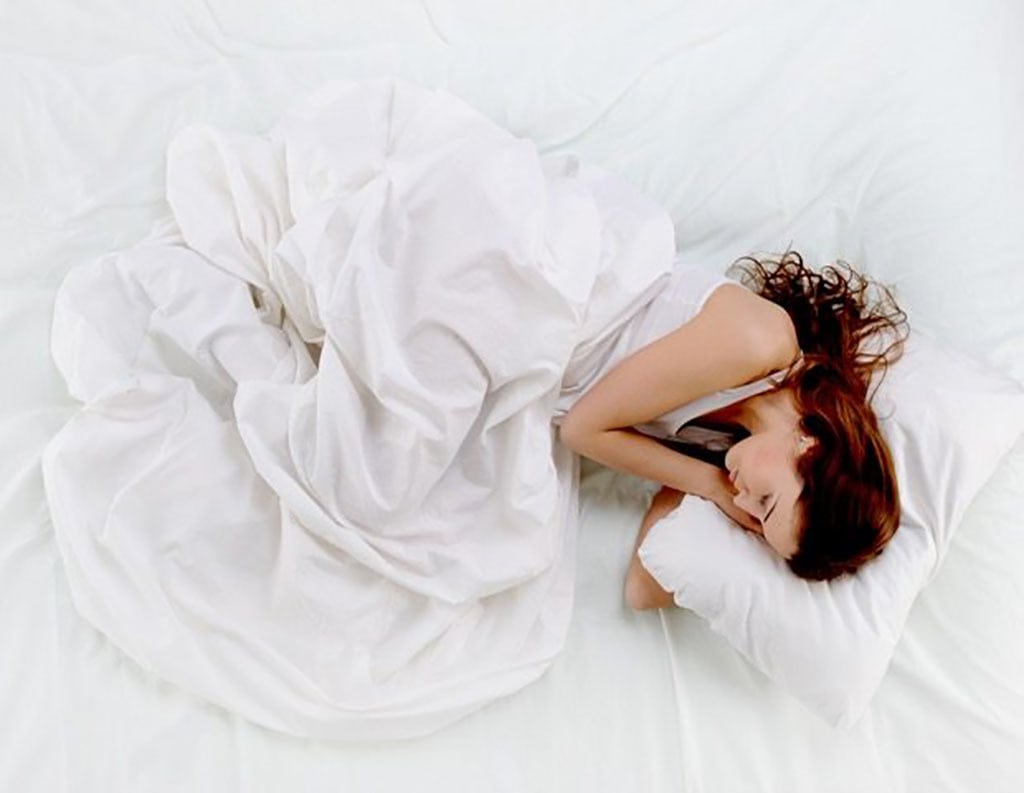7 ways to eat yourself to sleep
Whether you’re an early bird or a night owl none of us want to be tossing and turning during the night, attempting to ‘count sheep’ in the hope of finally drifting off. To help you get enough shut-eye try eating your way to a peaceful sleep.
1. Help float away your worries with fish
Try to eat oily fish twice a week or snack on chia seeds, as fatty acids are great ‘brain’ food and can help to fight mood swings, so your feeling more rested by bedtime. 18% of our brain is made up of Omega-3s, however, we don’t produce this fatty acid in the body, so we have to find sources from the food we eat. To help make sure you’re getting your daily dose try our Super Omega 3-6-9.
2. Prepare yourself for bed with protein
Make sure you have enough protein during the day. High-protein foods are meats, fish, beans and lentils, seeds and nuts (choose unsalted and raw rather than roasted). Protein foods provide the amino acid tryptophan, which convert to the hormones serotonin and melatonin, which are needed for a good sleep. Too much high-protein food in the last few hours before bed however, can be hard to digest – especially red meat and nuts.
3. Move over lack of sleep with magnesium
Include plenty of magnesium-rich foods in your diet such as; buckwheat, pumpkin and sunflower seeds, fish and leafy green vegetables. Magnesium is known as ‘nature’s tranquiliser’ and is needed to relax our muscles. It is also vital for the function of GABA, a calming neurotransmitter that helps your brain “switch off” and relax. You can also try taking a supplement, such as our Synergistic Magnesium.
4. Cheese off…
Avoid large meals and too much hard-to-digest food, such as cheese, red meat and fried food for three to four hours before going to bed. This can help deter the likes of heartburn flaring up as soon as your head hits the pillow.
5. Skip the caffeine
Caffeine can stay in the body for up to 12 hours so if you do have sleep problems, avoid tea or coffee from about 12 noon onwards. If you still want a hot beverage try the calming chamomile tea instead.
6. Avoid a large evening tipple
Too much alcohol can disrupt sleep: although it may make us fall asleep quickly, sleep is usually poor quality and we can wake up after a few hours and find it hard getting back to sleep again. Every person will have different tolerance levels, but try sticking to no more than one glass of wine or a beer to encourage optimal sleep. Your head may also thank you for this in the morning!
7. Good carbs for good night’s sleep
Slow-releasing carbohydrates help to keep the levels of sugar (glucose) in your blood stable, providing your body with sustained energy. You may not think you need much energy while you’re asleep, but your brain and body still need glucose to keep working. If your glucose levels fall too low this can cause the release of the hormones adrenaline and cortisol, which can wake you up. To avoid this, try having some slow-releasing carbohydrates in the evening, opt for a serving of brown rice or a slice of rye bread with your evening meal.


